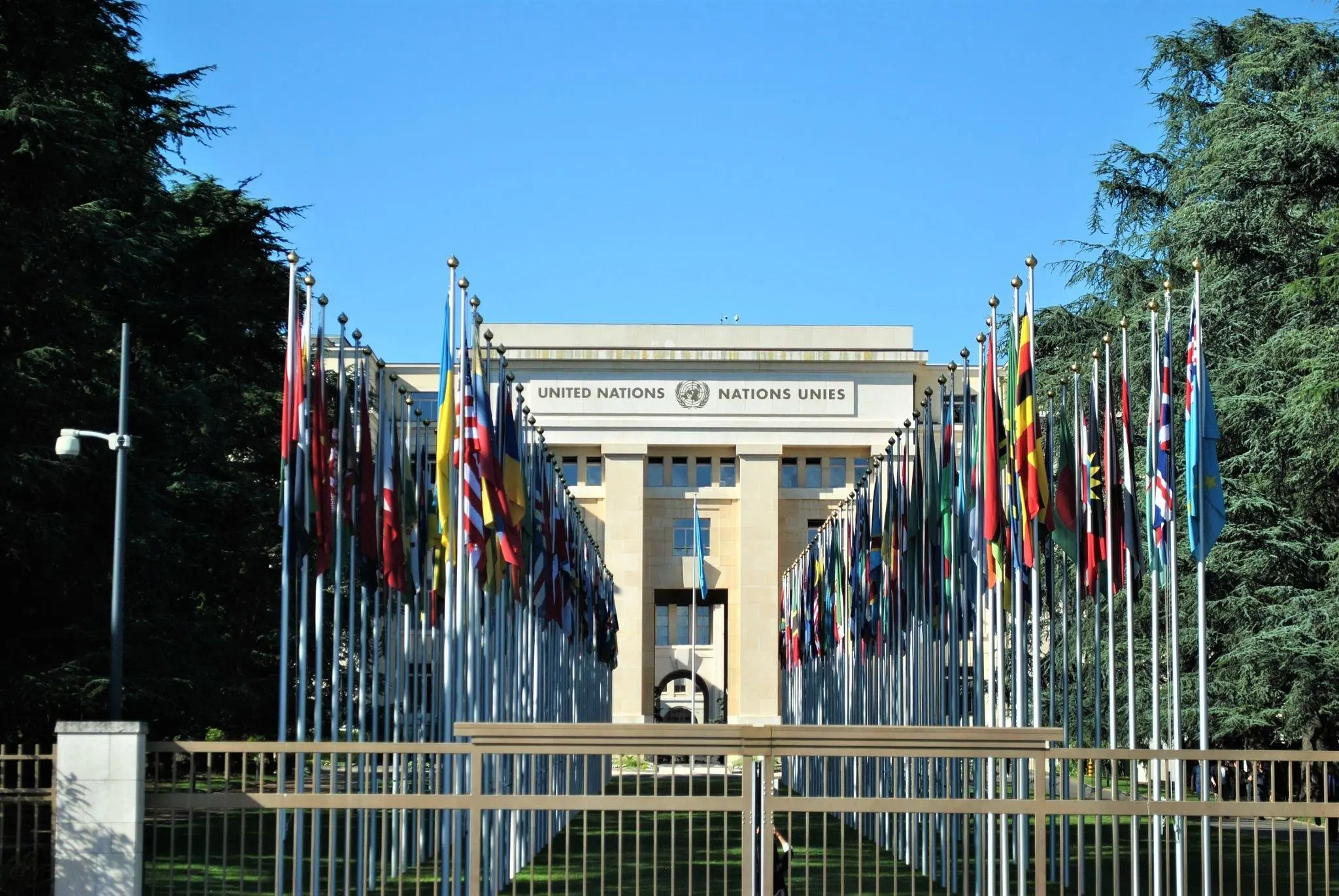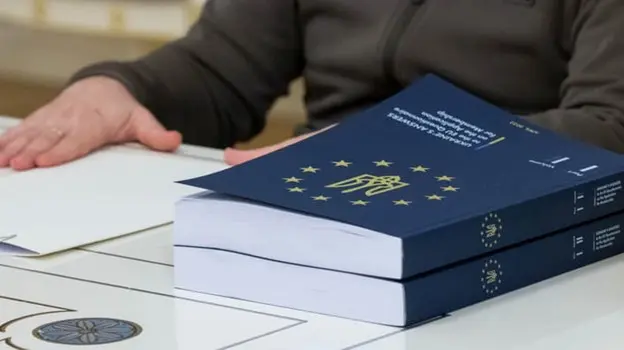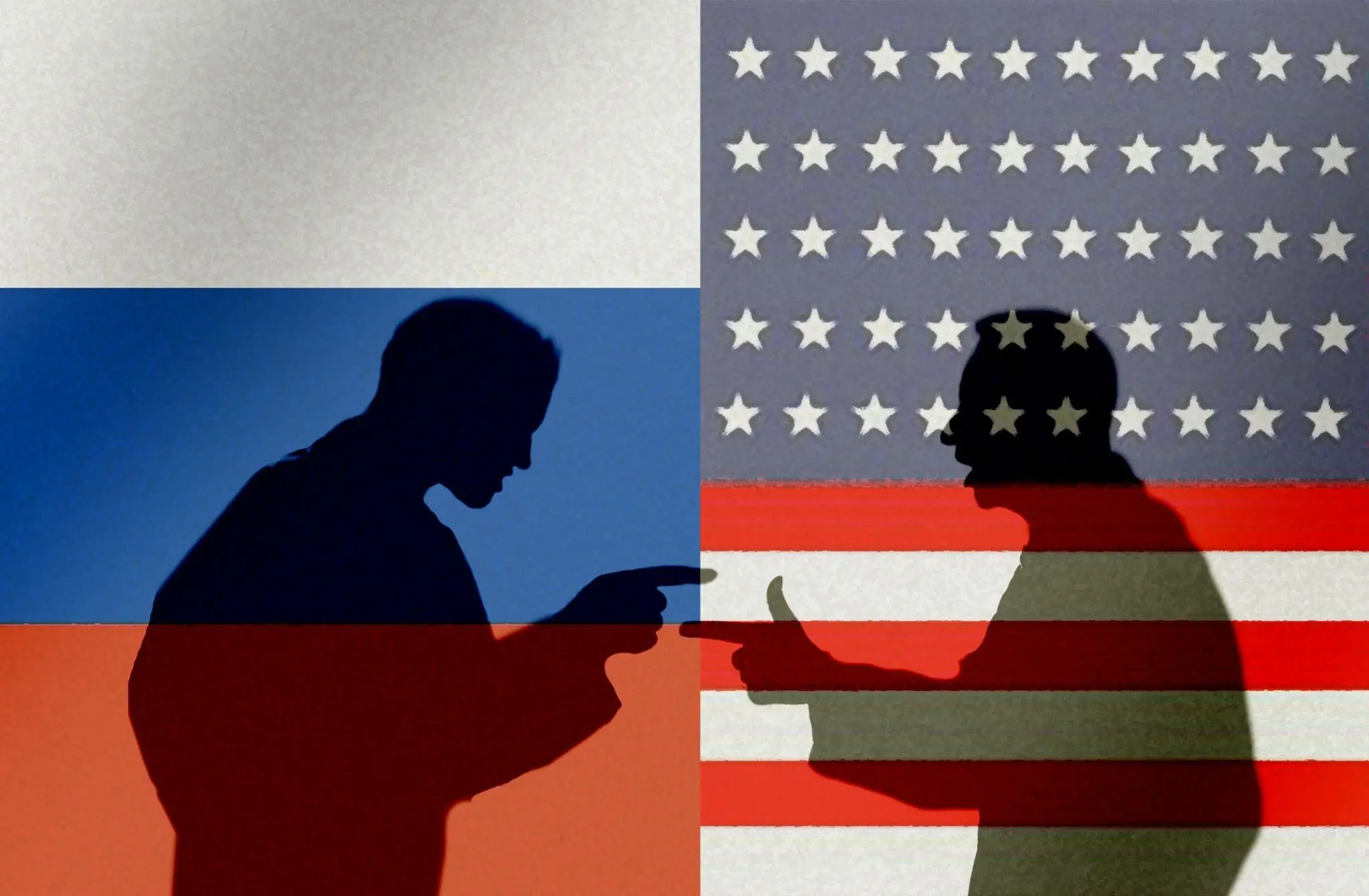5 Feb 2023
Double Standards: Signs of Denying Lebanon the Right to Vote in the UN
The recent statement by UN Secretary-General António Guterres on January 17, 2023, that Lebanon and eight other countries will lose their right to vote in the UN sparked various concerns about the standards used to make this decision. Looking at the disenfranchised list, we find common problems in these countries. Some countries—like Somalia, South Sudan, and Lebanon—suffer from political and economic crises, while others—like Venezuela—suffer from economic sanctions that have wreaked havoc on their economies. Such a decision highlights how crucial it is to link democracy with justice and raises whether the countries’ rights depend on their financial resources. Is it unacceptable for underdeveloped and distressed countries to participate in international forums and voice their thoughts? Some other countries violated, and continue to break, International Law and the UN Charter; however, they enjoy their voting rights. In addition, the UN is the primary international platform where countries seek to resolve their differences without resorting to conflict. Countries have to participate in this entity to make their voices heard in the global community; if they are excluded, they will assume individual responsibility for forging solid alliances and searching for alternative sources of communication with the rest of the worldwide community.
The current analysis aims to evaluate the provisions and procedures on which the nine countries were denied the right to vote to determine the key drivers of the decision and how the nine denied countries may restore their voting rights.
18 Jan 2023
Ukraine Ascendance to Europe: The Union’s Gift
June 2022, the European Commission announced granting Ukraine the status of a candidate country to the European Union. Nevertheless, problems concerning Ukraine such as their struggle with their economy and political system, are still on the agenda. Giving the candidacy status to Ukraine has been criticized since Ukraine is still regarded as a weak country and not yet eligible for such a status especially when compared with other European candidates. European accession is granted after an assessment process based on what is known as Copenhagen criteria. European officials have announced that the accession process will be done by the book and merit based. In the same vein, the commission has granted Moldova the same status which is, the same as Ukraine, considered part of Russia’s sphere of influence. Keeping all this in mind, in the light of Russian war in Ukraine, it is a valid question to ask whether Ukraine candidacy is merit based or politicized. Is the fifth enlargement scenario of the accession of incompetent Bulgaria and Romania as a reward for their role in Kosovo war is being repeated with Ukraine? Considering this, the analysis is going to examine why Ukraine was accepted as a candidate. Drawing on European Commission’s reports, it will be discovered which of Copenhagen criteria are fulfilled by Ukraine. Copenhagen Criteria are:
Stability of institutions guaranteeing democracy, the rule of law, human rights and respect for and protection of minorities (Political Criteria)
A functioning market economy and the ability to cope with competitive pressure and market forces within the EU (Economic Criteria)
The ability to take on the obligations of membership, including the capacity to effectively implement the rules, standards and policies that make up the body of EU law (the ‘acquis’), and adherence to the aims of political, economic and monetary union.
10 Oct 2022
Between Conspiracy and Reality: United States Gains from the Russo-Ukraine War
The United States and Russia have a long and complicated history. The USSR and the United States of America were allies during the Second World War and quickly turned rivals during the Cold War (1947 – 1991). It was throughout this period that the ideological differences between the two superpowers reached its height, with the formation of the North Atlantic Treaty Organization (NATO) by the United States, and the USSR responding by creating the Warsaw Pact effectively splitting the world between East and West. Despite there being no direct conflict between the United States and USSR, each state would actively participate in proxy wars; where agents supplied by them would engage in hostilities such as in the Chinese Civil War (1944 – 1949), the Korean War (1950 – 1953), the Vietnam War (1955 – 1975), and the Soviet-Afghan War (1979 – 1989).
Furthermore, the United States and USSR would attempt to place weapons within each other’s spheres of influence with the United States doing so in Italy and Turkey in 1961 and the USSR responding by supplying Cuba which ultimately led to the Cuban Missile Crisis in 1962, and nearly brought both superpowers to nuclear war.
Following the fall of the USSR, the United States was the only remaining superpower and relations between the United States and the newly formed Russian Federation began to improve, however by 1999 that came to an end as NATO further expanded in Eastern Europe with Poland, Hungary, and the Czech Republic joining, in 2004 Estonia, Latvia, and Lithuania joined as well, all had been former members of the USSR and were viewed by Russia as part of its sphere of influence.
Since then, United States-Russia relations have been consistently deteriorating with recent significant events being the invasion and annexation of Crimea in 2014 and accusations by the United States that Russia manipulated the 2016 Presidential Election. It is within this context of United States led encroachment into territory that Russia believes culturally and historically should be its own that the Russo-Ukrainian War resumed flowing the invasion of Crimea, below is where we will analyse what the United States has to gain and the legacy the Cold War casts on the Russia-United States relationship.


